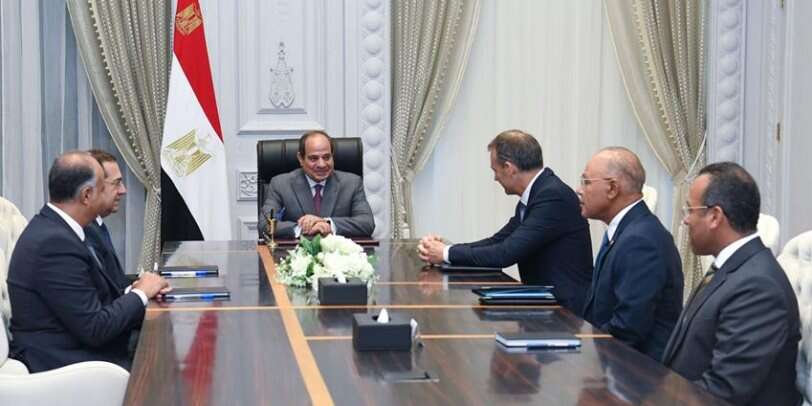BP is making significant strides in Egypt’s energy sector by planning to explore six new oil and gas concessions. This expansion is part of BP’s long-term commitment to the country, where it has invested around $30 billion over the past six decades. Recent discussions surrounding this expansion highlight BP’s focus on accelerating production timelines, with the company’s CEO confirming that a key well is set to begin production by the first quarter of 2025.
The initiative aligns with Egypt’s broader strategy to enhance its energy output and attract foreign investments. The Egyptian government has recently launched a global bidding round for oil and gas exploration, which includes 12 concessions located in the Mediterranean Sea and the Nile Delta. This bidding process aims to capitalize on promising opportunities in gas and oil exploration, emphasizing the importance of increasing production to meet domestic and regional energy demands.
HAVE YOU READ? Africa Energy Corp takes control of Block 11B/12B to enhance South Africa’s energy security.
During a recent meeting with Egyptian President Abdel Fattah El-Sisi, BP’s CEO Bernard Looney expressed confidence in the Egyptian market and announced plans for a $3.5 billion investment over the next three years. This investment will not only support BP’s existing operations but also facilitate new projects aimed at boosting natural gas production. The discussions also focused on enhancing production from current fields, which is crucial for maintaining Egypt’s position as a leading gas producer in Africa.
Egypt is currently the second-largest gas producer on the continent, following Algeria, with natural gas production having increased significantly since 2015. The development of major projects like the Zohr gas field has been instrumental in this growth. BP plays a crucial role in this expansion, producing about 60% of Egypt’s gas through its joint ventures in both the East and West Nile Delta regions.
The anticipated production from BP’s new wells is expected to significantly contribute to Egypt’s overall energy output and help meet rising domestic demand. With plans for additional drilling in various regions, including the West Delta area, BP aims to further increase its production capacity. This expansion will not only support Egypt’s energy needs but also positions the country as a regional energy hub.
HAVE YOU READ? TotalEnergies Begins Construction of 260 MW Renewable Energy Project in South Africa
Moreover, BP’s collaboration with ADNOC International Limited marks a strategic partnership that will enhance exploration efforts in these new concessions. The joint venture aims to extract and market natural gas and condensates from designated fields in Egypt, leveraging both companies’ expertise and resources.
While BP’s expansion plans are promising, they also come with challenges. The company must navigate a complex landscape of political and economic factors that influence investment decisions in the region. Concerns about governance and security may deter some investors, so establishing strong partnerships and demonstrating a commitment to sustainable practices will be essential.
With a history of substantial investments and ongoing collaborations with local authorities, BP is well-positioned to contribute to Egypt’s growing energy sector. As production timelines accelerate and new projects come online, this partnership could play a vital role in ensuring that Egypt meets its energy needs while bolstering its status as a key player in the global energy market. The combination of traditional fossil fuel investments alongside potential renewable energy initiatives could set a precedent for how oil companies adapt to an evolving energy landscape while addressing global sustainability goals.




